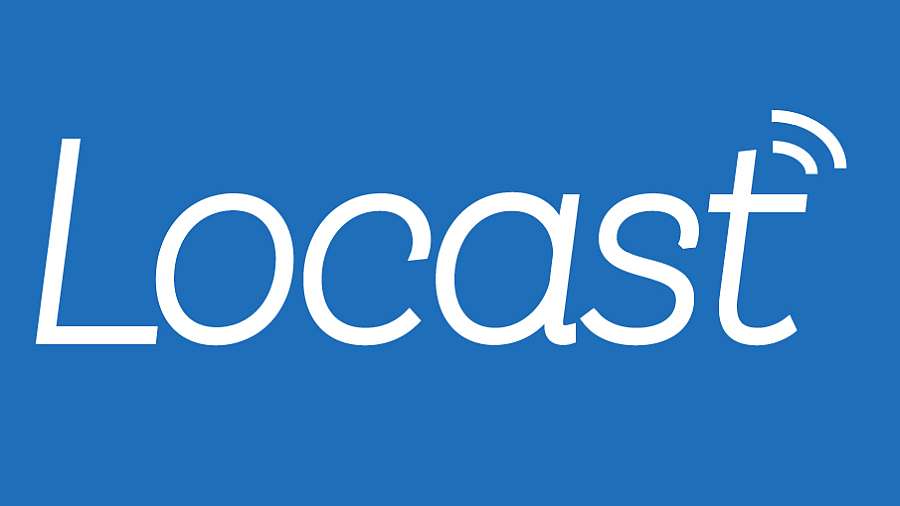Locast Yet to Draw Legal Fire

The smarter way to stay on top of broadcasting and cable industry. Sign up below
You are now subscribed
Your newsletter sign-up was successful
According to David Goodfriend, the driving force behind the Locast TV station streaming service, he has not only not been served with legal papers 10 days after launching his TV streaming service, he has not even gotten a phone call or letter asking him to cease or desist.
Goodfriend has been expecting a legal volley, given that he was taking TV station signals off the air and streaming them for free without asking permission of the broadcaster or paying a retransmission or copyright fee--he says the noncommercial nature of the enterprise squares with the law, but recognizes that TV stations and studios might not agree.
The National Association of Broadcasters initially responded to Locast's launch by likening to the over-the-top services shot down or brought up short by the court--Aereo, FilmOn--that it said had tried and failed to find "Creative ways" to skirt laws that protect local broadcasters and their viewers. NAB had said at the time that without more details, Locast sounded like the same kind of thing--NAB would not comment on what it now thought of the service 10 days in--but signaled it did not think the service would survive legal scrutiny. That's the scrutiny it gave those predecessors when NAB, which represents TV stations and the major networks, joined with the studios to file suit.
An NAB spokesperson said it was still considering its potential legal options.
The Motion Picture Association of America, which joined NAB in suits against Aereo and FilmOn, was not commenting on the lack of lawsuits to date, or Locast in general. But it is likely taking a watch-and-see attitude, while letting NAB—the share a number of the same members-- take the lead.
The Super Bowl streaming free over the air in the nation's number-one market could be a potential flashpoint for the service, said one studio source.
An NFL spokesperson had not returned a request for comment at press time.
Related: Nonprofit Launches TV Station Streaming Service
Goodfriend and the recently launched locast.org (a contraction of “local” and “broadcast”) are relying on Title 17, Chapter 1, section 111 a)5 of the Copyright Act — which, for those without a copy handy, covers exemptions from exclusive rights to broadcast transmissions. It grants that exemption if “the secondary transmission is not made by a cable system, but is made by a governmental body, or other nonprofit organization, without any purpose of direct or indirect commercial advantage, and without charge to the recipients of the secondary transmission other than assessments necessary to defray the actual and reasonable costs of maintaining and operating the secondary transmission service.”
The smarter way to stay on top of broadcasting and cable industry. Sign up below
That is the same provision under which TV translators already boost broadcast signals, Goodfriend has noted, saying it should not matter what the technology is.
The key is the nonprofit status, which Goodfriend says his coalition clearly has. Armed with that statute, Goodfriend has rolled out the service, with plans to expand into other markets if the model passes legal muster.
The service is geofenced, which means it will not be available outside the New York DMA and thus does not run into contractual exclusivity issues. Though the statute does not necessarily confine broadcasts to in-market retransmission, Goodfriend said he is not looking to test that theory in court just yet.
So far so good, says Goodfriend. “The operation is going smoothly, with lots of happy users in New York. “
Contributing editor John Eggerton has been an editor and/or writer on media regulation, legislation and policy for over four decades, including covering the FCC, FTC, Congress, the major media trade associations, and the federal courts. In addition to Multichannel News and Broadcasting + Cable, his work has appeared in Radio World, TV Technology, TV Fax, This Week in Consumer Electronics, Variety and the Encyclopedia Britannica.

